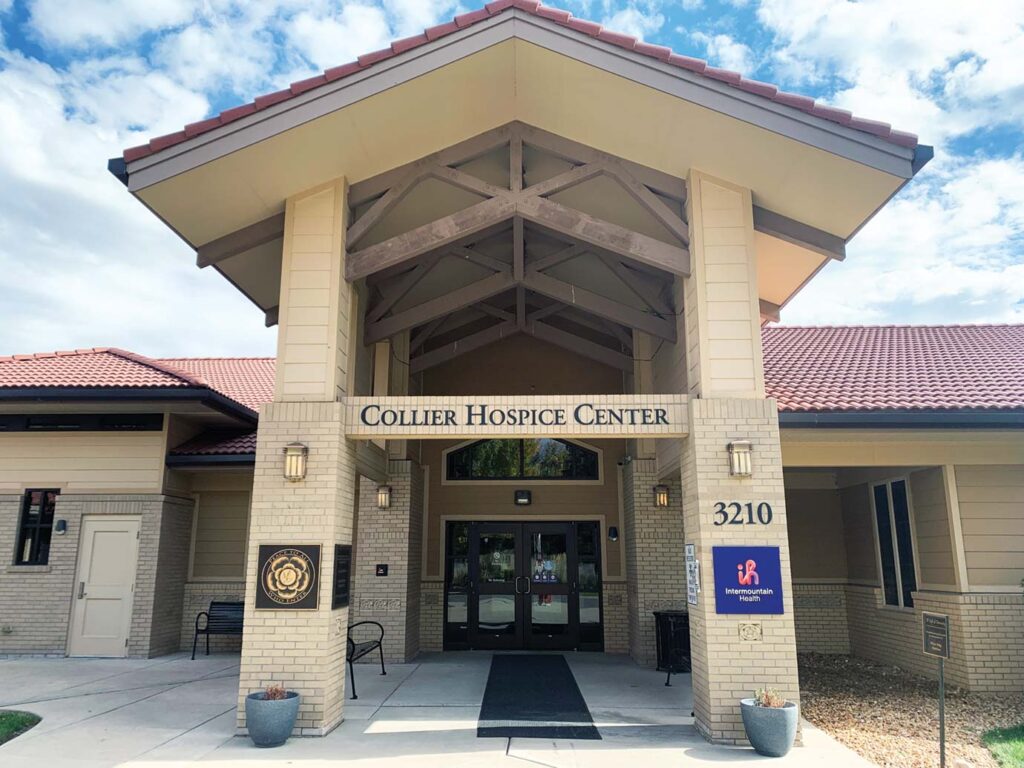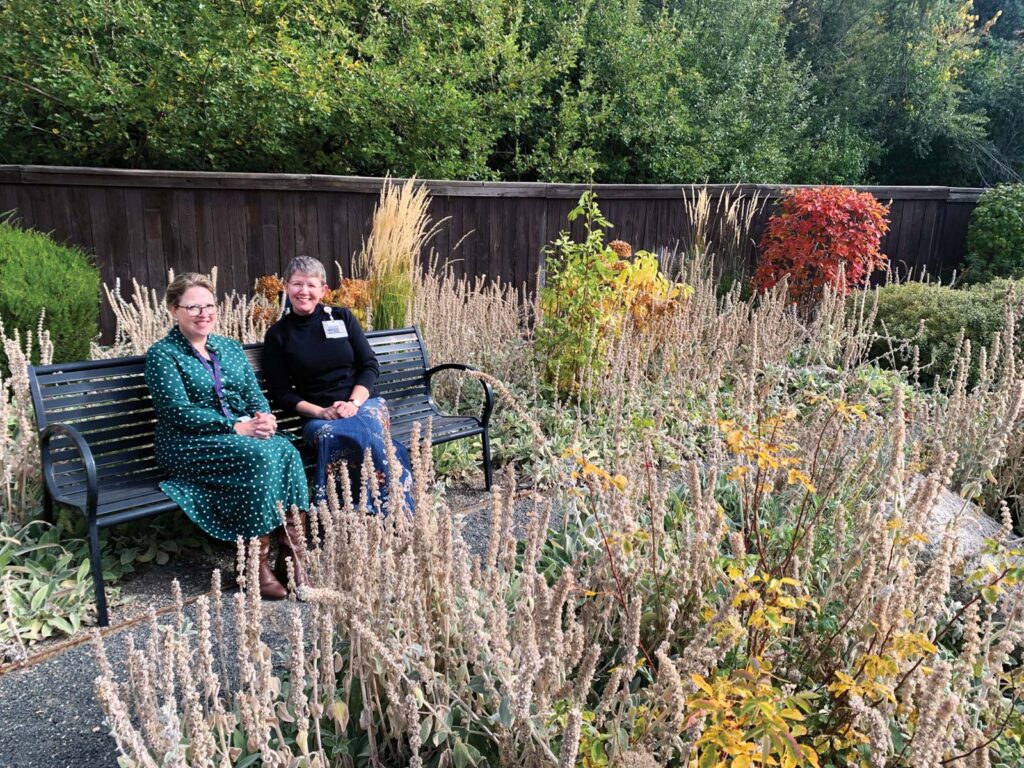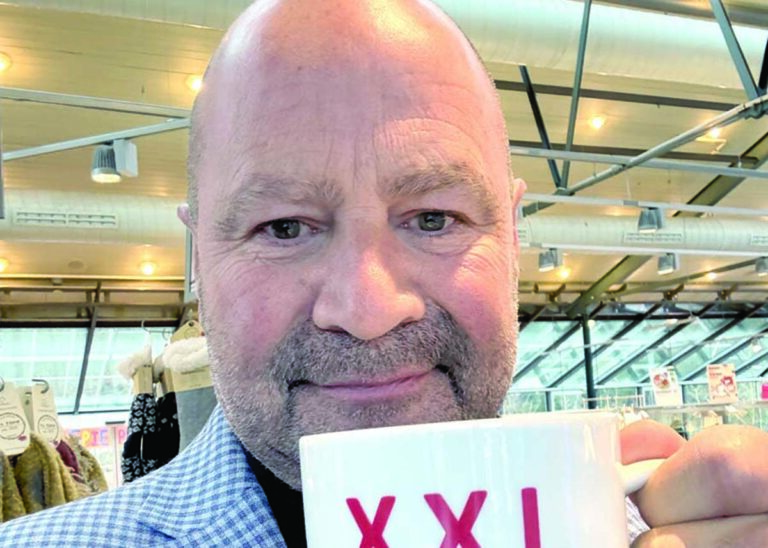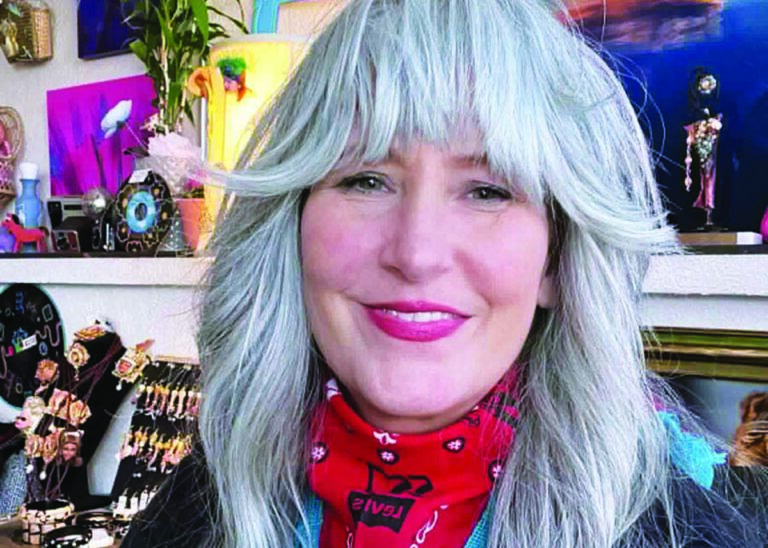Where final moments are meaningful
One common misconception about hospice care is that it is centered around death and dying.
The staff at Intermountain Health Hospice at the Collier Center, located on the Wheat Ridge Lutheran Legacy Campus, push back on that idea. They focus on patient goals.
“We are working on the quality, not quantity, of life,” said Jennifer Carroll, the Collier Center’s Inpatient Clinical Manager and BSN, RN, CHPN.
Whether a patient has six months or 30 minutes to live, the team works to manage pain and symptoms so patients can achieve what matters most. For someone with six months, that might mean taking a final vacation. For someone with less time, the goal might be simple comfort.
Lutheran’s hospice program first operated out of the Bridges House on the corner of 38th Avenue and Lutheran Parkway before moving into the main hospital building. After a successful fundraising effort, the Collier Center opened in 2006 with a 24-bed unit, larger than most hospice programs in Colorado.
“We needed a quiet, peaceful place for our patients, separate from the hospital,” Carroll said.
The Collier Center is fully staffed with a bereavement team, social workers, chaplains, and physicians. Being located outside the hospital system also allows the team to administer medications differently.
“There are medications the hospital can only use for a certain symptom,” Carroll said. “We are not trapped in what the medication is labeled for. Patients come here and start feeling better. If we can get your symptoms managed, you sleep better, you eat better, you want to live. Because you are feeling better.”
About half of the patients who come to the Collier Center arrive from places like the ICU and may have a short trajectory. The other half have a terminal illness with six months or less to live, certified by two physicians.
“As president of Intermountain Health Lutheran Hospital, I want to emphasize the vital role the Lutheran Hospice Center plays in our Wheat Ridge and west Denver communities,” said Andrea Burch, President of Intermountain Health Lutheran Hospital. “Our dedicated team is committed to ensuring that every individual facing serious illness is treated with dignity as they face their end-of-life journey.”
The Collier Center also serves patients outside of the inpatient unit. It provides both inpatient and outpatient palliative care for patients with chronic or terminal illness, helping manage symptoms and prevent unnecessary hospital visits. Hospice at home is another option.
“Hospice is not just a place,” said Amanda Shon, Senior Nurse Manager Hospice and RN, BSN. “It is a philosophy. We can see patients wherever they are, wherever they call home.”
The Collier Center serves a 60-mile radius from Wheat Ridge, including rural communities such as Strasburg, Fort Lupton, and Longmont.
When hiring new staff, Carroll and Shon look for more than clinical skill.
“You have to have a passion for this work,” Carroll said. “We can teach skills, but we look for heart.”
Carroll has worked in hospice for 26 years, and Shon for 17.
“I think hospice finds you,” Carroll said. “You never get out of nursing school saying, ‘I am going to be a hospice nurse.’”
Carroll said she fell in love with the hospice philosophy after caring for two home-health patients who transitioned to hospice.
Shon first encountered hospice work while nursing at St. Joseph Hospital and through her grandparents’ hospice experience.
“These two CNAs came in and gave this patient the most amazing bed bath,” Shon said. “I wanted to be part of an organization that cares about people like that.”
From old car shows to private sage-burning ceremonies to donkeys dressed up and brought to the grounds, Shon and Carroll have seen many memorable moments where patient goals came to life.
Carroll remembers a young patient, a mother of three, who wanted to marry her partner. Staff planned a garden wedding complete with flowers, cake, and a chaplain.
Shon recalls a nun whose goal was to die at her motherhouse, which was out of the state. Within a few days on hospice, her symptoms were managed well enough for her to travel by plane with a fellow sister. She arrived at the motherhouse and died within 30 minutes.
Another patient, a cowboy who lived nearby, wanted to see his horses one last time. Staff brought the horses into the garden, where they nudged his cowboy hat.
“There was not a dry eye in here,” Carroll said.

The Collier Center includes two large garden areas, with doors large enough to wheel out beds. During springtime, the white Collier roses bloom.
“Some of our patients want to take their last breaths outside, enjoying the sunshine on their face,” Carroll said.
The bereavement department supports families for 13 months after a loved one dies. Group and individual grief counseling are available.
“At the Lutheran Hospice Center, we provide compassionate care that respects the needs of patients and their families,” Burch said. “Healing comes not only from managing pain but from navigating the sadness and grief of loss. We are here to support families during these challenging times. Together, we honor each life’s journey with love and respect.”
Bereavement and social work teams also support staff who experience the secondary trauma of the work. Team meetings provide space to process patient deaths, and the staff gathers to honor those who pass with quiet presence and the ringing of a singing bowl.
A new children’s area is planned to give young visitors a safe, comforting space and to provide opportunities for child-specific support from social workers.
“I think it is important to emphasize that we are the experts. Most people caring for a dying loved one have never done it before,” Shon said. “We have years of expertise walking with people through this journey.”






